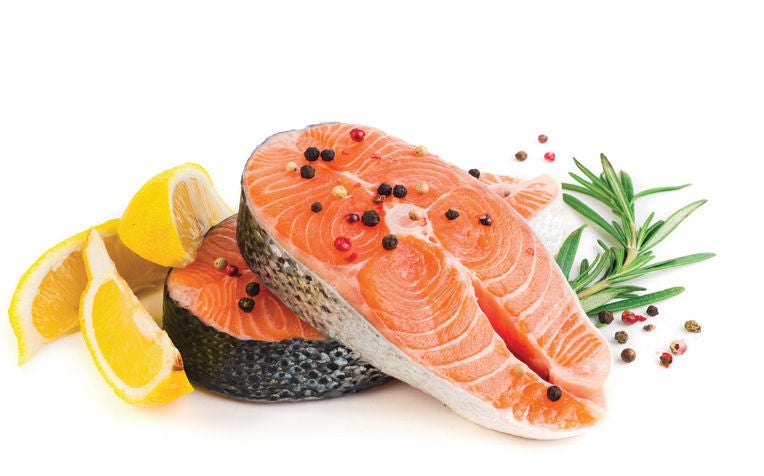HealthXchange will NEVER ask you to transfer money over a call. If in doubt, call the 24/7 ScamShield helpline at 1799, or visit the ScamShield website at www.scamshield.gov.sg.
How to Reduce Salt in Your Diet
1. At home, choose fresh foods, limit processed foods, and use natural seasonings instead of salt.
2. When eating out, request less salt, gravy, and sauces, and choose plain rice over flavored options.
3. While shopping, read labels, choose low-sodium products, and look for the Healthier Choice symbol.

Lower your sodium intake by making smarter food choices. The tips below shows you how to.
The Department of Dietetic & Food Services at Changi General Hospital (CGH), a member of the SingHealth group, shares easy ways to reduce salt in your diet when eating at home, eating out and grocery shopping.
How to reduce sodium in your diet
WHEN EATING AT HOME
Choose fresh foods such as fruits and vegetables, meat, poultry and fish.
- Limit processed foods e.g. canned, salted, cured, smoked and pickled foods, and convenience and pre-packaged foods.
- Season food with natural flavourings, such as:
- Fresh or dried herbs (e.g. parsley, coriander, mint, basil, onions, garlic, ginger, chives and spring onions).
- Spices (e.g. cinnamon, cardamom, cumin, pepper, curry powder, five spice powder and chilli).
- Vinegar, fresh lemon, lime and fruit juices.
Sesame oil and olive oil.
- Fresh or dried herbs (e.g. parsley, coriander, mint, basil, onions, garlic, ginger, chives and spring onions).
Taste your food before adding salt and/or sauces. If more flavouring is needed, add sparingly. To let your tastebuds adapt to less salty food, gradually reduce the amount of salt and/or sauces added during cooking and at the table.
Substitute salty snacks such as potato chips and salted nuts, with fresh or dried fruits and unsalted nuts.
WHEN EATING OUT
- Ask for less or no gravy.
- Ask for less or no salt or sauces added during cooking.
- Skip the soup when having soupy dishes.
- Limit sauces and avoid adding extra salt at the table.
- Choose plain rice instead of flavoured rice.
WHEN SHOPPING FOR FOOD
- Read labels for comparison. Choose products that contain less sodium, such as those labelled as “reduced salt”, “low in salt”, “no added salt” or “salt-free”.
- Choose products with the Healthier Choice symbol as they contain less sodium than similar products.
- Avoid products that list salt or sodium as one of the first three ingredients in the ingredient list.
- Salt substitutes may help you cut back on sodium. However, they are high in potassium and may not be suitable for people with certain medical conditions. Check with your doctor, dietitian or pharmacist before using salt substitutes.
Related Articles
Public Events
Get the Health Buddy App
© 2025 SingHealth Group. All Rights Reserved.














 Get it on Google Play
Get it on Google Play